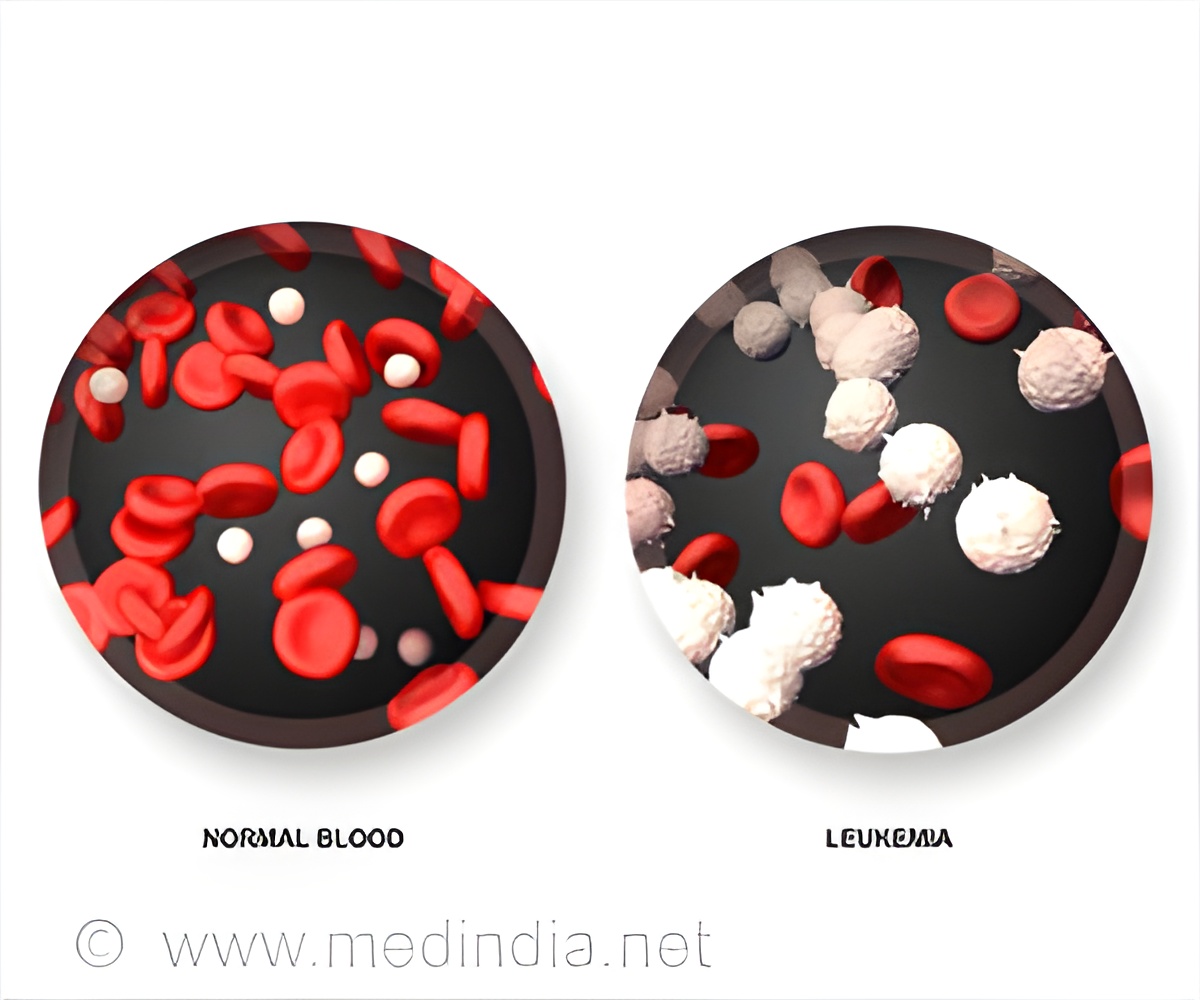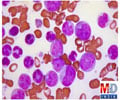Stem cell transplantation and leukemia patients who received active microbiota transplant therapy experienced a lower incidence of infections.

Randomized Double-Blind Phase II Trial of Fecal Microbiota Transplantation Versus Placebo in Allogeneic Hematopoietic Cell Transplantation and AML
Go to source). Current treatment for patients with AML and who receive HCT includes powerful chemotherapy, which can damage their immune system and intestinal lining. Because of this, patients typically require antibiotics to fight and prevent infections. These antibiotics also kill healthy gut microbes, which may worsen treatment outcomes. The goal of MTT is to restore beneficial microbes in the recipient's gut.
‘In patients who underwent hematopoietic cell transplantation or had leukemia, the administration of microbiota transplant therapy (MTT) was found to be safe and resulted in partial restoration of the gut bacteria imbalance. #bloodcancer #transplanttherapy’





“Microbiota transplants are classified as drugs by the U.S. Food and Drug Administration. However, they truly are an entirely different and new class of drugs, and we need to develop and understand their pharmacology. This requires standardized formulations and figuring out the optimal dosing regimens,” said Alexander Khoruts, MD, director of the University of Minnesota Microbiota Therapeutics Program.
Transplant Therapy for Leukemia Patients
In a randomized, double-blind study, the research team compared the outcomes of MTT for two groups: patients with AML and HCT recipients. They used a novel, standardized preparation of donor microbiota called MTP-101C, which is formulated in capsules that are taken orally. After each course of antibiotics, patients received either MTT or a placebo.These results will serve as the basis for a larger follow-up study, which will use a more aggressive MTT protocol with the microbiota compound manufactured by the University of Minnesota Microbiota Therapeutics Program. The program has been the world leader in the development and manufacturing of microbiota-based therapeutics over the past decade. It is working to develop effective and practical restorative microbiota therapies for multiple clinical indications, some of which include infections with Clostridioides difficile, inflammatory bowel disease and different applications in cancer.
Reference:
- Randomized Double-Blind Phase II Trial of Fecal Microbiota Transplantation Versus Placebo in Allogeneic Hematopoietic Cell Transplantation and AML - (https://ascopubs.org/doi/10.1200/JCO.22.02366)














